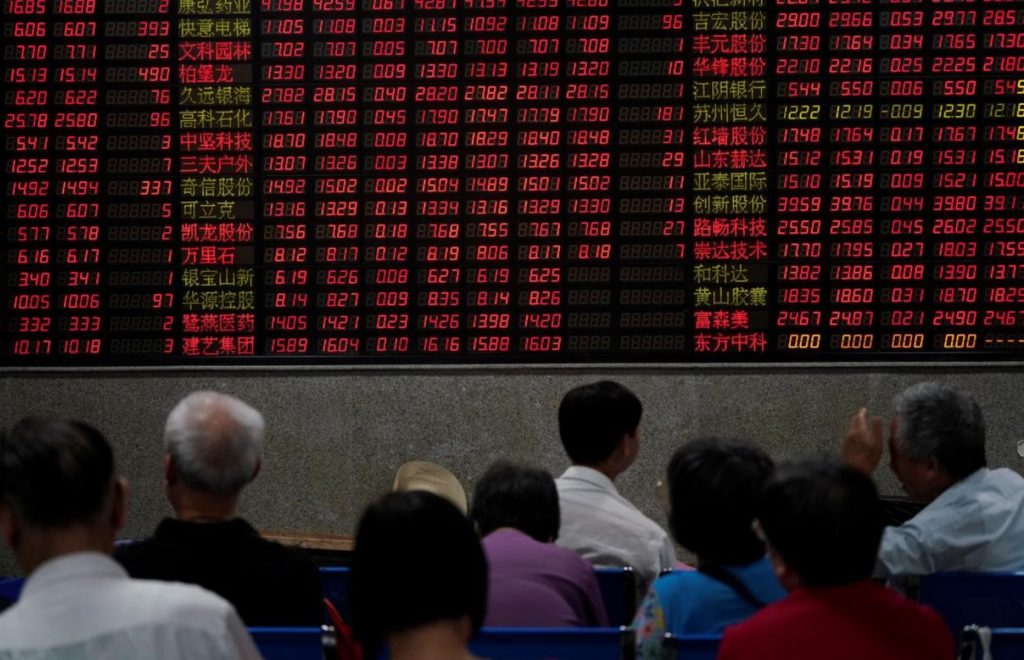U.S. President Donald Trump responded to an Iranian attack on U.S. forces with sanctions, not violence.
Iran offered no immediate signal it would retaliate further over a Jan. 3 U.S. strike that killed a senior military commander.
MSCI’s broadest index of Asia-Pacific shares outside Japan rose 1.3 per cent, its sharpest gain in almost a month.
Hong Kong’s Hang Seng and Shanghai blue chips each added more than 1 per cent, while Japanese stocks rose further, gaining 2 per cent to their highest for the year so far.
Australian stocks rose 0.8 per cent to a record closing high. Futures markets pointed to extended gains in Europe and the U.S., with S&P 500 futures up 0.2 per cent and German DAX futures 0.9 per cent higher.
“I think today is a bit of a relief rally,” said Shane Oliver, Chief Economist at AMP Capital in Sydney.
“Yesterday, investors were fearing the worst, that this was the escalation now underway.
“The news overnight has been more along the lines that Iran pulled its punches and Trump is toning things down, which is seen by investors as substantially reducing the risk of war,” he said.
Investors quit the safe-haven Japanese yen, sending it sliding from a three-month high to a two-week low of 109.32 yen per dollar.
Oil is cheaper than it was before the killing of the Iranian commander, Qassem Soleimani, in Baghdad, a strike that raised fears of an escalating regional conflict.
Brent futures prices steadied at 65.41 dollars per barrel, about where they began the year.
Gold gave back sharp gains made on Wednesday but remains dearer than before Soleimani’s death, in an indication that investors’ fears have not completely evaporated.
It drifted lower to 1,544.80 dollars per ounce.
Iran fired missiles at military bases housing U.S. troops in Iraq on Wednesday in response to Soleimani’s killing.
But Trump said no Americans were hurt and made no direct threats of a military response in an address to the nation on Wednesday.
“Iran appears to be standing down, which is a good thing for all parties concerned and a very good thing for the world,” he said.
He announced economic sanctions on Iran without giving details.
Iranian Foreign Minister Mohammad Javad Zarif had earlier said the strikes “concluded” Tehran’s response to the killing of Soleimani.
Outside equities, U.S. Treasuries, which had soared in the flight to safety a day ago also settled back, with yields on the benchmark 10-year U.S.
Treasury note at 1.8685 dollars, after dropping as low as 1.705 per cent.
Risk appetite was also evident in currency markets, with China’s trade-exposed yuan standing at a five-month high of 6.9281 per dollar and the Aussie creeping higher.
“All is well”, – so says, Trump! That is the mood today.
“I think that neither side wants to have a further escalation in tension, and both parties seem to be standing down,” said Bank of Singapore currency strategist Moh Siong Sim, a reference to Wednesday’s upbeat tweet from the president.




 Premier League
Premier League